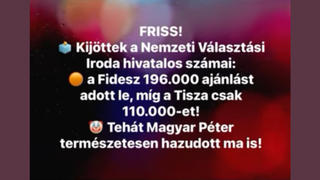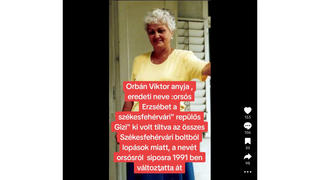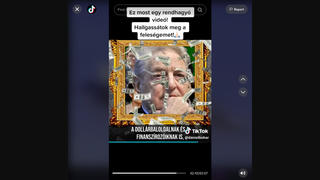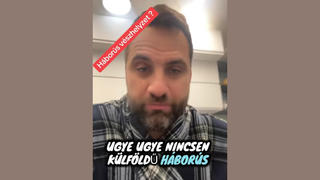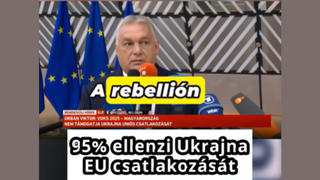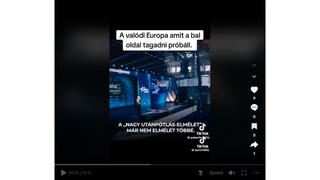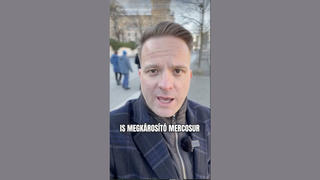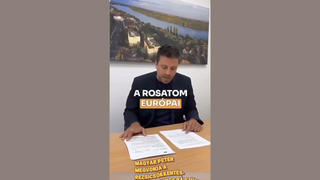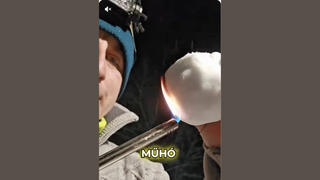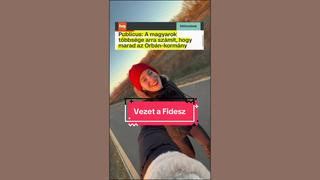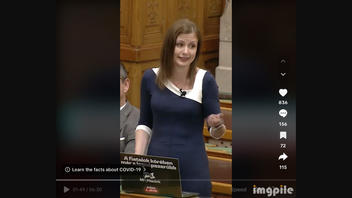
Does the World Health Organization's (WHO) draft accord on pandemic preparedness include an obligation for governments to disclose the names of people who question WHO pandemic policy? No, that's not true: The text contains no such language. In fact, it guarantees that personal data will be protected in any information exchanges that take place under the proposed accord.
The claim appeared in a Hungarian-language video (archived here) on TikTok on May 23, 2023, under the title "The government must block the WHO pandemic treaty!" It shows Dóra Dúró, a member of the Hungarian Parliament with the opposition Mi Hazánk (Our Homeland) party, posing a question on the chamber's floor. She says:
This treaty would be applied in the event of any subsequent epidemics, and its implementation will be supervised by the WHO body created specifically for this purpose. But they don't stop there -- the Hungarian government must directly report to the WHO on people who have doubts about the measures proposed by the WHO, and they specifically mention vaccines here as well. So, the state should quasi-report to the WHO about who those citizens are who do not accept their proposed solutions. (All translations by Lead Stories.)
This is what the post looked like on TikTok at the time of writing:

(Source: TikTok screenshot taken on Thu Jul 13 08:54:59 2023 UTC)
The WHO is presently hammering out a "convention, agreement or other international instrument" to implement pandemic-prevention measures and expedite intergovernmental cooperation in the event of a future pandemic. Work on the draft is set to wrap up in 2024.
None of the three publicly available draft versions of the accord -- the Conceptual Zero Draft, released on November 25, 2022, the Zero Draft, published on February 1, 2023, and the Bureau's text of June 2, 2023 -- mention anything about an obligation for governments to report on citizens whose opinions run afoul of WHO orthodoxy.
The text that comes closest to such a proposal is the call for governments to combat misinformation about pandemics. Article 17 of the Zero Draft, the most recent version available when Dúró made her comments, says signatories should
tackle false, misleading, misinformation or disinformation, including through promotion of international cooperation. In that regard, each Party is encouraged to:
(a) promote and facilitate, at all appropriate levels, in accordance with national laws and regulations, development and implementation of educational and public awareness programmes on pandemics and their effects, by informing the public, communicating risk and managing infodemics through effective channels, including social media;
(b) conduct regular social listening and analysis to identify the prevalence and profiles of misinformation, which contribute to design communications and messaging strategies for the public to counteract misinformation, disinformation and false news, thereby strengthening public trust; and
(c) promote communications on scientific, engineering and technological advances that are relevant to the development and implementation of international rules and guidelines for pandemic prevention, preparedness, response and recovery of health systems, based on science and evidence.
Article 17 also compels signatories to
contribute to research and inform policies on factors that hinder adherence to public health and social measures, confidence and uptake of vaccines, use of appropriate therapeutics and trust in science and government institutions.
Governments are not required to disclose the names of vaccine skeptics or other people deemed to be spreading disinformation. On the contrary, Article 26 of the Zero Draft guarantees that
Any exchange of data or information by the Parties pursuant to the WHO CA+ [the draft accord] shall respect the right to privacy, including as such right is established under international law, and will be consistent with each Party's national law, as applicable, regarding confidentiality and privacy.
The Bureau's text, published a week after Dúró addressed Parliament, contains similar language.
Like Dúró, critics in many countries allege that the WHO's accord on pandemic preparedness will water down national sovereignty. Lead Stories reported on a similar claim in the U.S. here.


